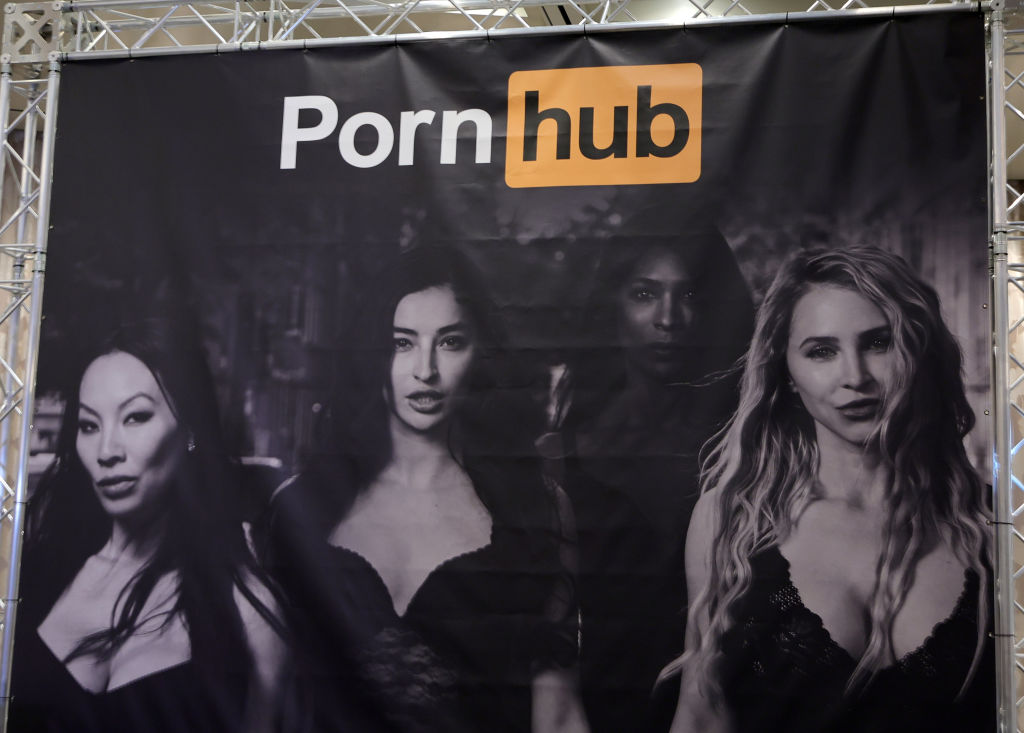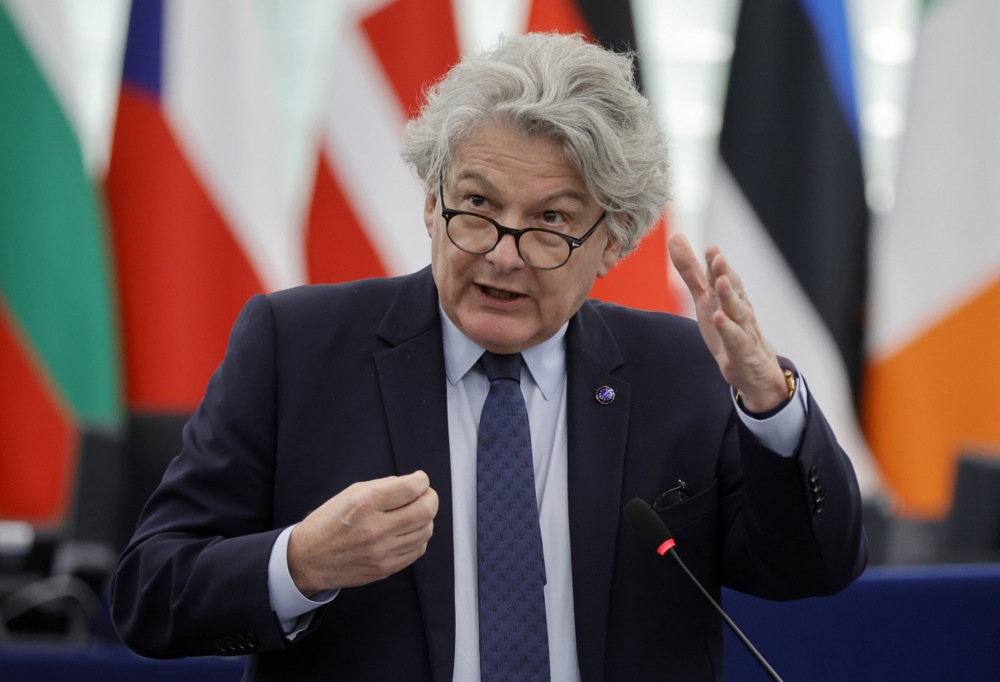MEPs have grilled the European Union’s self-styled “digital enforcer” Thierry Breton over his backing of what they termed “Stalinist” censorship via the Digital Services Act (DSA).
Politicians, many from Eastern European countries previously subjected to Communist regime control, made their comments during a European Parliament debate on the current status of the DSA in the run-up to the European elections.
While Breton and other members of European establishment parties on February 7 praised the legislation for “balancing” freedom of speech by censoring certain forms of expression, others questioned how such an arrangement could be “in keeping” with democracy.
Flemish politician Filip De Man said the Eurocrats were looking to “gag” the opposition: “It is a bit like the USSR, where apparently Pravda was the only media outlet that was allowed to announce the ‘truth’,” he said.
Polish representative Beata Mazurek insisted there was “no place” for censorship within the EU, echoing De Man’s claims that such restrictions appeared “Soviet” in nature.
“The concept of hate speech is rooted in totalitarian regimes like in the Soviet Union,” she said.
“Back then it was a tool to silence political opposition. These days, the same mechanism is being used to eliminate political competition.
“We must not allow neo-Marxists in Europe to destroy free speech because they want to impose their vision of the world on us,” Mazurek added.
French MEP Virginie Joron took things a step further, accusing the European Commission of engaging in “Stalinist” behaviour.
“In Davos, [EC PresidentUrsula] von der Leyen said that the main concern for the next two years isn’t the war [in Ukraine] or the climate, but ‘disinformation’,” she said.
Joron claimed that the EC was now interested in “censoring opinions” and even political groups it does not “like”.
“We had the fall of the Communist regimes with all their propaganda and, 30 years, later you are putting in place these new Stalinist measures.
“’Big Brother’ is watching you.”
Online censorship is a “key pillar” in preventing migrant-related terrorism, the European Commission has claimed. https://t.co/kXV2QQfSCy
— Brussels Signal (@brusselssignal) January 25, 2024
Responding to the claims, Breton insisted that the EU was not attempting to silence freedom of speech.
“No, it is not censorship, it is transparency,” he insisted, criticising what he termed were “far-right” lawmakers whom, he claimed, were “afraid of transparency”.
Other politicians appeared to agree with him, backing his idea that hate speech and disinformation were being “weaponised” by external powers to “destabilise Europe”.
Among the most ardent backers of such were MEPs from Ireland, who used the debate to cast blame on social media platforms regarding the recent anti-mass-migration rioting that rocked the island, especially the capital Dublin.
Former Irish Tánaiste (deputy prime minister) Frances Fitzgerald derided the “dreadful riots” of November, seemingly blaming them on Big Tech companies.
“Online hate speech and virulent disinformation played a big role in the outbreak,” she said.
This point was echoed by other MEPs representing parties within the Irish Government, with the European People’s Party member Maria Walsh and RENEW’s Barry Andrews referencing the riots as “justifying DSA censorship”.
US tech billionaire Elon Musk’s X social media platform has accused Ireland’s justice minister Helen McEntee of making “inaccurate” statements in the Irish Parliament regarding recent online censorship requests. https://t.co/RMAz7WFUYD
— Brussels Signal (@brusselssignal) December 5, 2023





